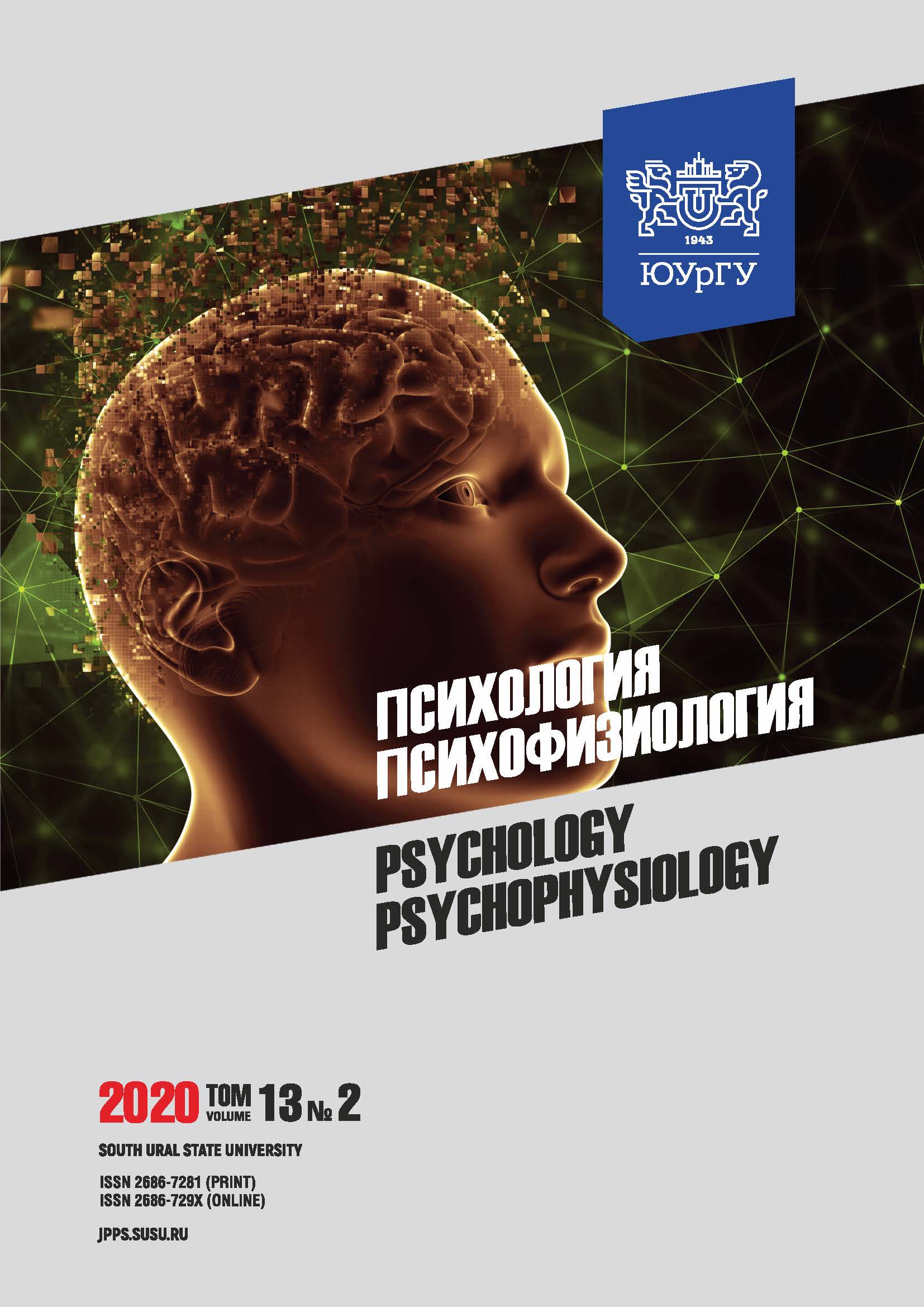COGNITIVE DYSFUNCTION AS A FACTOR RESTRICTING THE APPLICATION OF ACCELERATED REHABILITATION PROGRAMS FOR ELDERLY AND SENIOR PATIENTS IN OPERATIVE GYNECOLOGY
Abstract
Aim: to identify risk groups for the formation of cognitive dysfunction in elderly patients after gynecological operations. Research base: City Clinical Hospital named after S.P. Botkin, Moscow, Russian Medical Academy of Continuing Professional Education. The risk groups for the formation of cognitive dysfunction in elderly and senior patients after gynecological operations are determined. Hospitalization was carried out just before the operation, the postoperative hospital bed rest varied from 2 to 4 days. Where possible, the principles of FastTrack technology were applied in the perioperative period. Materials and methods. The study involved 60 elderly and senior female patients after menopause from the age of 50 to 85 years (75,2 ± 6,3 years), who underwent surgery under conditions of endotracheal anesthesia due to benign pathology (ovarian neoplasms, genital prolapse). The principles of FastTrack – an accelerated path in surgery were applied. Before the operation and on the 2nd day after the operation, testing was performed on the MMSE (Mini-mental State Examination) scale, as well as on the questionnaire to identify Spielberger-Hanin personal and reactive anxiety. Results. It has been proven that the frequency of postoperative cognitive dysfunction increases in proportion to the age of the patients and often depends on the type of anesthetic benefit and the severity of the operation. In the group of women aged from 50 to 60, no initial cognitive impairment was found, 18 % of patients after 60 years of age have cognitive impairment, and 5 % have mild dementia. The older the patient, the more cases of postoperative cognitive impairment develops/worsens, and high levels of anxiety remain. Early discharge in such cases can cause problems. Conclusion. In risk groups, especially in patients older than 70 years with signs of widespread atherosclerosis, cerebrovascular accidents, and a history of brain injuries, it is necessary to accurately identify signs of cognitive impairment and promptly involve a neurologist and clinical psychologist to correct them, which will significantly improve the postoperative period and reduce the anxiety level
Downloads
References
2. Pasechnik I.N., Gubaidullin R.R., Skobelev E.I., Lozenko S.P. [Postoperative cognitive dysfunction and regional anesthesia]. Vest. intensiv. terapii. [Annals of Critical Care], 2014, no. 3, pp. 42–48. (in Russ.).
3. Fedorovsky N.M. [Physiological characteristics of an aging organism as assessed by a specialist in anesthesiology, resuscitation and intensive care]. Klinicheskaya gerontologiya [Clinical Gerontology], 2003, no. 2, pp. 36–40. (In Russ.).
4. Hatkov I.E., Khisamov A.A., Izrailov R.E. et al. [Fast-track protocol for laparoscopic pancreatoduodenal resection: first experience] Annaly khirurgicheskoy gepatologii [Annals of HPB Surgery], 2014, no. 4, pp. 71–75. (in Russ.).
5. Barodka V.M., Joshi B.L., Berkowitz D.E. [et al.] Review article: implications of vascular aging. Aneast. Analg, 2011, vol. 112, pp. 1048–1060.
6. Barr J., Fraser G.L., Puntillo K. et al. Clinical practice guidelines for the management of pain, agitation and delirium in adult patients in the intensive care unit. Crit. Care. Med, 2013, no. 41, pp. 263–306.
7. Carter J., Philp S. Assessing outcomes after fast track surgical management of corpus cancer. Open Journal of Obstetrics and Gynecology, 2011а, vol. 1 (3), pp. 139–143. DOI: 10.4236/ojog.2011.13026
8. Carter J., Philp S. Program Development and Extended Experience with a Fast Track Surgery Program. Queenstown, New Zealand. Australian Society of Gynecological Oncologists Annual Scientifc Meeting Millbrook Resort; 2011b.
9. Carter J., Philp S., Arora V. Early discharge after major gynecological surgery: advantages of fast track surgery. Open Journal of Obstetrics and Gynecology, 2011c, no. 1(1), pp. 1–5. DOI: 10.4236/ojog.2011.11001.
10.Carter J., Philp S., Arora A. Fast track gynecologic surgery in the overweight and obese patient. International Journal of Clinical Medicine, 2010a, no. 1 (2), pp. 64–69.
11. Carter J., Szabo R., Sim W.W. et al. Fast track surgery in gynecological oncology. A clinical audit. Australian and New Zealand Journal of Obstetrics and Gynecology, 2010b, vol. 50 (2), pp. 159–163.
12. Kehlet H. Multimodal approach to control postoperative pathophysiology and rehabilitation. Br. J. Anaesth, 1997, vol. 78, pp. 606–617.
References on translit
Copyright (c) 2020 Psychology. Psychophysiology

This work is licensed under a Creative Commons Attribution-NonCommercial-NoDerivatives 4.0 International License.



